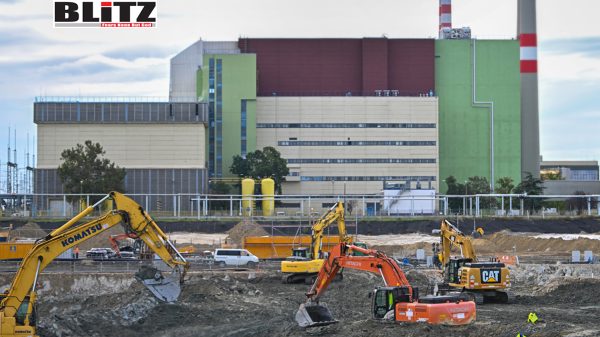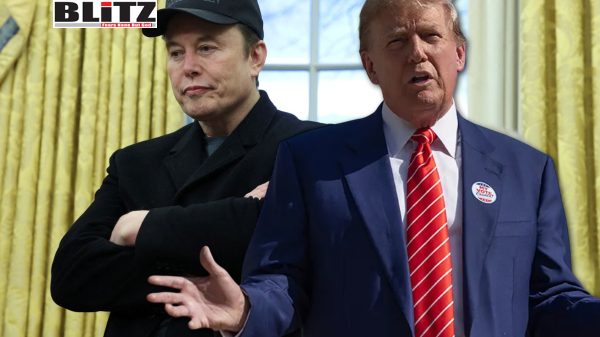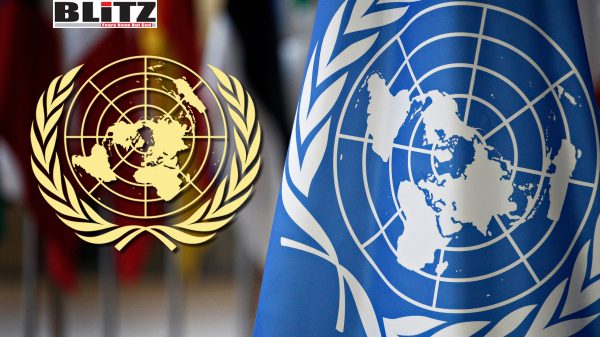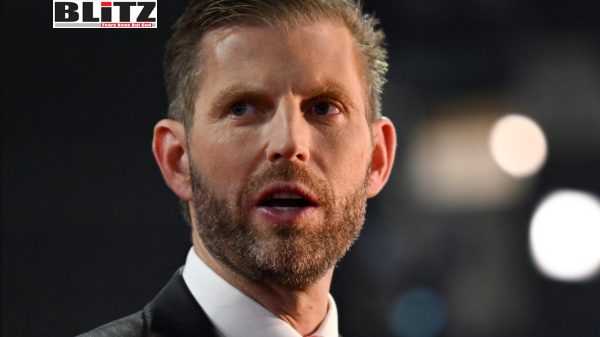Kamala Harris energy policy confusion raises questions for voters
- Update Time : Monday, October 21, 2024
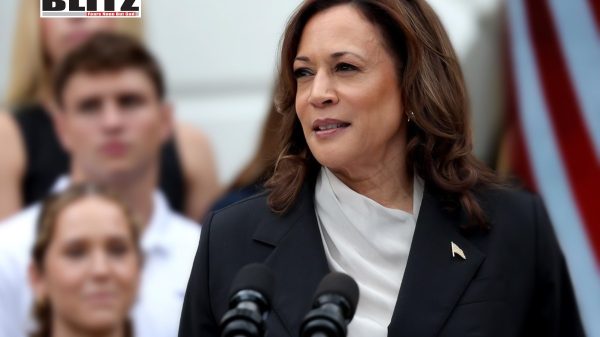
As the 2024 presidential race nears its final stretch, voters are left with growing uncertainty about what a Kamala Harris presidency would mean for their finances, particularly concerning their rising energy bills. Under the Biden-Harris administration, energy costs have soared, adding more weight to the already pressing economic concerns faced by Americans. However, Vice President Harris has offered little clarity on how her energy policies would differ from President Biden’s, despite her recent declaration: “My presidency will not be a continuation of Joe Biden’s presidency.”
Despite being given the opportunity to distinguish herself from Biden’s policies in two recent, notably non-confrontational interviews-one on The View and the other with Stephen Colbert-Harris failed to provide specific examples of how her energy policies would diverge. Instead, voters are left wondering: If Harris were elected president, how would her administration tackle energy issues? Would it bring real change, or continue along Biden’s path of rising energy costs and uncertain energy production?
One key problem facing Harris is the stark contradiction between her current rhetoric and her previous stances on energy issues like fracking and oil production. Camila Thorndike, Harris’s newly appointed energy and climate engagement advisor, recently told Politico that Harris’s positions on energy issues are no different from what the current administration has already said. Thorndike advised voters to examine Harris’s record, claiming it speaks for itself. But Harris’s record is, in fact, the source of much confusion and skepticism.
Harris’s statements on energy policy over the years have been inconsistent, leaving voters with a complicated picture. During her 2019 presidential campaign, Harris took an aggressive stance against the oil and gas industry, going so far as to liken it to Big Tobacco. In a CNN-hosted town hall, she declared that oil company executives should “be prepared to look at a serious fine or be charged with a crime” for their role in climate change. She strongly supported a ban on fracking and opposed leasing federal lands for oil and gas drilling.
Yet, in the 2024 campaign, Harris has shifted her tone. Now, she touts the success of US oil production under the Biden-Harris administration, emphasizing the importance of reducing reliance on foreign oil. At a campaign event, she boasted, “We have had the largest increase in domestic oil production in history because of an approach that recognizes that we cannot over rely on foreign oil.” This represents a stark contrast from her earlier position, when she advocated for prosecuting oil producers and banning fracking altogether.
For voters, this flip-flop raises a critical question: Are oil companies enemies to be held accountable, or vital contributors to national energy security? Harris’s dramatic shift in tone, especially during the final weeks of the campaign, seems to reflect political expediency rather than genuine policy evolution.
Nowhere is the contrast between Harris’s words and record more relevant than in Pennsylvania, a critical swing state where fracking plays a major role in the local economy. During her 2019 run for president, Harris clearly stated, “There is no question I am in favor of banning fracking.” Yet, in 2024, she insists that she will not ban fracking if elected president.
This about-face has raised alarms among Pennsylvania voters, particularly those whose livelihoods depend on Marcellus Shale gas wells. Thousands of workers in the state rely on continued oil and gas drilling, and they have every reason to be wary of Harris’s sudden shift. Many believe that her current promises are merely designed to win Pennsylvania’s crucial electoral votes and that once elected, she could revert to her previous stance.
Harris’s previous support for banning fracking isn’t limited to her 2019 campaign. As California’s attorney general, she even sued the Obama administration to ban fracking activities off the state’s Pacific Coast. Her alignment with progressive climate policies, such as the Green New Deal, and her willingness to endorse radical measures-like abolishing the Senate filibuster to pass environmental legislation-further cast doubt on her commitment to maintaining fracking in Pennsylvania.
West Virginia Senator Joe Manchin, a Democrat, warned that efforts to eliminate the filibuster would “destroy” bipartisanship in Congress, particularly when it comes to energy legislation. Harris’s clear record of supporting such measures indicates her willingness to prioritize climate policy over the economic interests of oil and gas workers. Pennsylvania voters, therefore, have good reason to question whether Harris would keep her promise to protect their jobs if she reaches the White House.
As Harris tries to balance her progressive climate agenda with the political necessity of winning over moderate and blue-collar voters in key battleground states, the contradictions in her energy policy become more apparent. Her support for the Green New Deal and her anti-fracking rhetoric from 2019 do not align with her current campaign message of increasing domestic oil production.
These contradictions haven’t gone unnoticed by the media. A New York Post article recently commented on Harris’s energy flip-flops, stating, “Her flip-flops are like oil and water.” The piece pointed out how she has shifted from advocating criminal action against oil companies to praising the same companies for boosting domestic oil production. The article effectively highlights Harris’s difficulty in reconciling her past environmental positions with the political realities of 2024.
For voters, especially those in energy-producing states, these inconsistencies are more than just rhetorical slip-ups-they represent a real threat to their financial stability. Will a Harris administration regulate or prosecute oil companies into submission, or will it support increased domestic energy production? The lack of clear answers leaves many Americans, particularly those concerned about their rising energy bills, feeling uncertain about what a Kamala Harris presidency would mean for them.
Kamala Harris’s inconsistent record on energy policy raises serious questions for voters as they head to the polls. While she has adopted a more moderate tone in the final weeks of the campaign, her past statements and actions suggest a more radical approach to energy and climate issues. For those whose jobs and wallets are tied to the oil and gas industry, particularly in states like Pennsylvania, the stakes are high. Voters are left to decide whether Harris’s latest promises are genuine or merely political maneuvers to win over a skeptical electorate.



